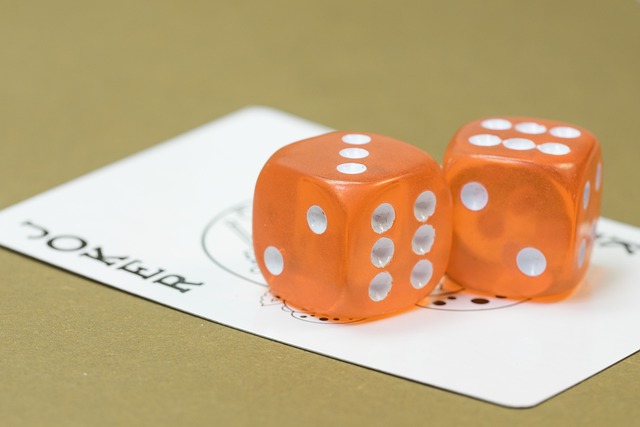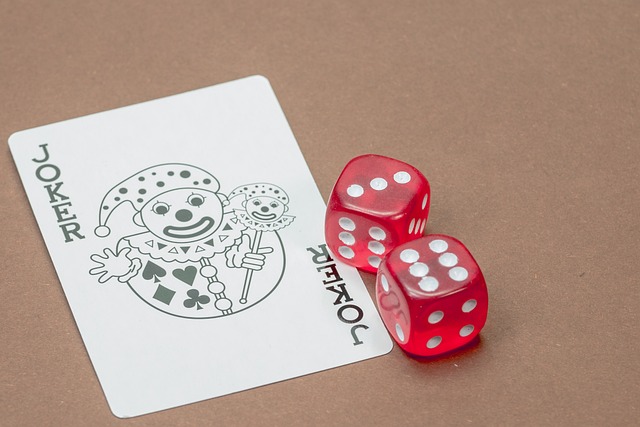
Casino games have been a source of entertainment for centuries. It captivates players with their mix of luck, skill, and the tantalizing promise of big wins.
However, this allure can sometimes lead to addiction, a complex issue rooted in psychological factors. It’s essential to know why people get addicted to casino games. Learning how to avoid these pitfalls is important. This helps keep gambling healthy.
Psychological Reasons for Casino Game Addiction

- The Thrill of the Chase: Humans are naturally drawn to activities that stimulate excitement and arousal. Casino games are thrilling. They make players chase big wins. This chase releases dopamine in the brain. Dopamine is linked to pleasure and reward. This thrill can lead to addiction. Players crave the emotional high from gambling.
- Illusion of Control: Many casino games need some skill, like poker or blackjack. These games make players feel in control. This feeling can cause overconfidence. Players may gamble more often or with more money. They think they can control or predict the outcomes.
- Near Misses: The concept of the “near miss” plays a significant role in addiction. When players come close to winning but fall short, it triggers a feeling similar to that of a win, encouraging them to try again. This psychological phenomenon exploits our natural tendency to remember and chase the excitement of almost winning, pushing players to continue gambling in the pursuit of victory.
- Social Influence: Casinos are often designed to be social environments where people can gather and enjoy themselves. The influence of peers or the environment can encourage individuals to gamble more than they intended. Additionally, the normalization of gambling in media and society can contribute to its addictive potential.
- Escapism: For some, gambling offers a way to escape from everyday stresses or negative emotions. The immersive nature of casino games can provide a temporary refuge from reality, leading to excessive gambling as a coping mechanism.
Best Ways to Avoid Addiction

- Set Limits: Before stepping into a casino or logging onto an online gambling site, set clear limits for how much time and money you’re willing to spend. Stick to these limits strictly to avoid the slippery slope of chasing losses.
- Understand the Odds: Educate yourself about the games you’re playing and understand that the odds are always in the house’s favor. Recognizing that gambling should be seen as entertainment, not a way to make money, can help keep expectations realistic.
- Avoid Alcohol: Casinos often offer free drinks to keep patrons comfortable and in a spending mood. Alcohol can impair judgment and lead to riskier gambling behavior, so it’s best to avoid it while gambling.
- Take Breaks: Regular breaks can help maintain perspective and reduce the risk of getting caught up in the continuous loop of gambling. Use this time to assess whether you’re still enjoying the experience or if you’re playing to chase losses.
- Seek Support: If you find yourself struggling to control your gambling habits, don’t hesitate to seek help. Many organizations offer support and resources for people dealing with gambling addiction.
Gambling addiction is a serious issue that affects not only the individual but also their family and society at large. Understanding why people get addicted is important. Adopting strategies to avoid addiction is crucial. This can keep casino games fun. It prevents them from becoming a problem.